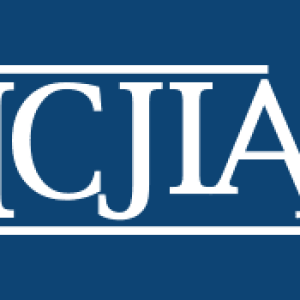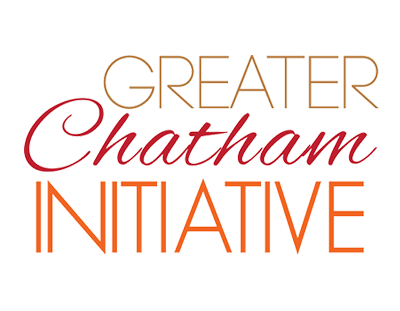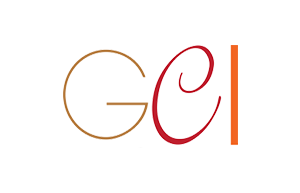Restorative Justice
Practices and Programs
Serving the communities of
Avalon Park | Auburn Gresham | Chatham
& Greater Grand Crossing
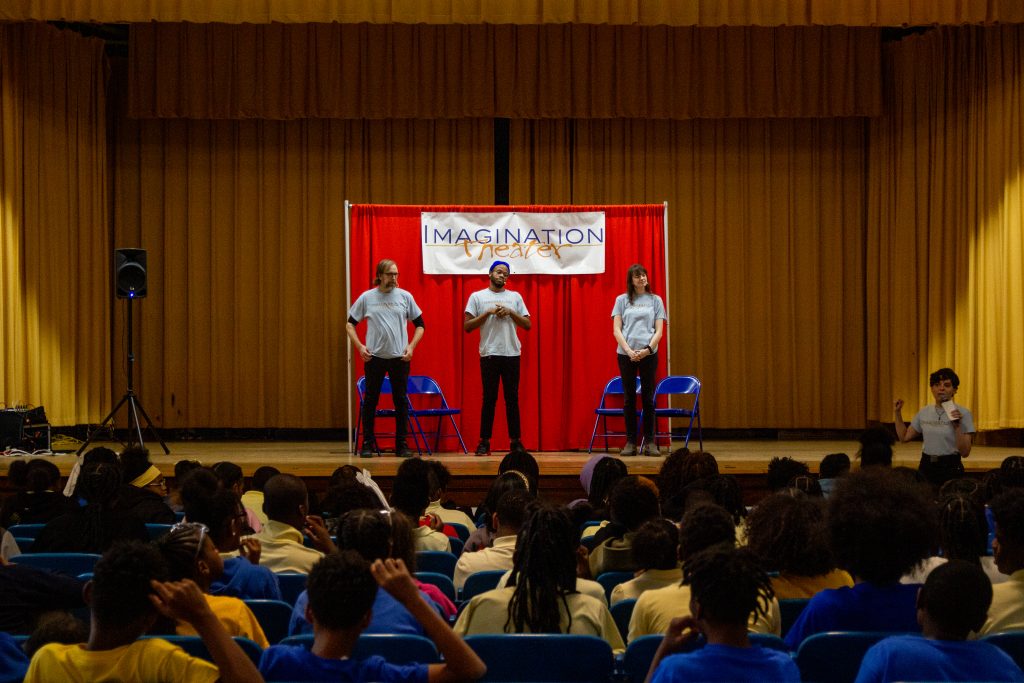
IMAGINATION THEATER
Student Field Trip
October 2024
Greater Chatham Initiative is committed to Restorative Justice and Restorative Practices. Restorative Justice is not new. It is an ancient philosophy that is commonly defined as an approach to justice that focuses on the harm to relationships.
Program Overview
- Building Community: Creating positive, supportive relationships among peers.
- Friendship: Learning to nurture and navigate friendships.
- Feelings and Needs: Understanding emotions and the needs behind them.
- Conflict Resolution: Using restorative practices to address and resolve conflicts.
- Restorative Practices: Repairing harm, taking responsibility, and fostering empathy.
Other topics include nonviolent communication, dealing with grief, and exploring identity, allowing students to reflect on themselves and others.
Program Goals:
1. Help students identify and express their feelings.
2. Teach active listening and speaking skills.
3. Equip students with tools to peacefully resolve conflicts.
4. Build a sense of community and shared responsibility.
5. Encourage accountability for actions and impact.
Restorative Justice
- Restorative Justice is a way of responding to conflict, misbehavior and wrongdoing that makes things as right as possible for all who are impacted.
- Restorative Justice holds offenders responsible for their actions and provides an opportunity for parties directly affected by crime – victims, offenders, and communities – to identify and address their needs in the aftermath of a crime or violation.
- The principles of Restorative Justice are based on respect, responsibility, repair, restoration, compassion, and inclusivity.
- Restorative Justice encourages meaningful engagement and accountability and provides an opportunity for healing, reparation, and reintegration.
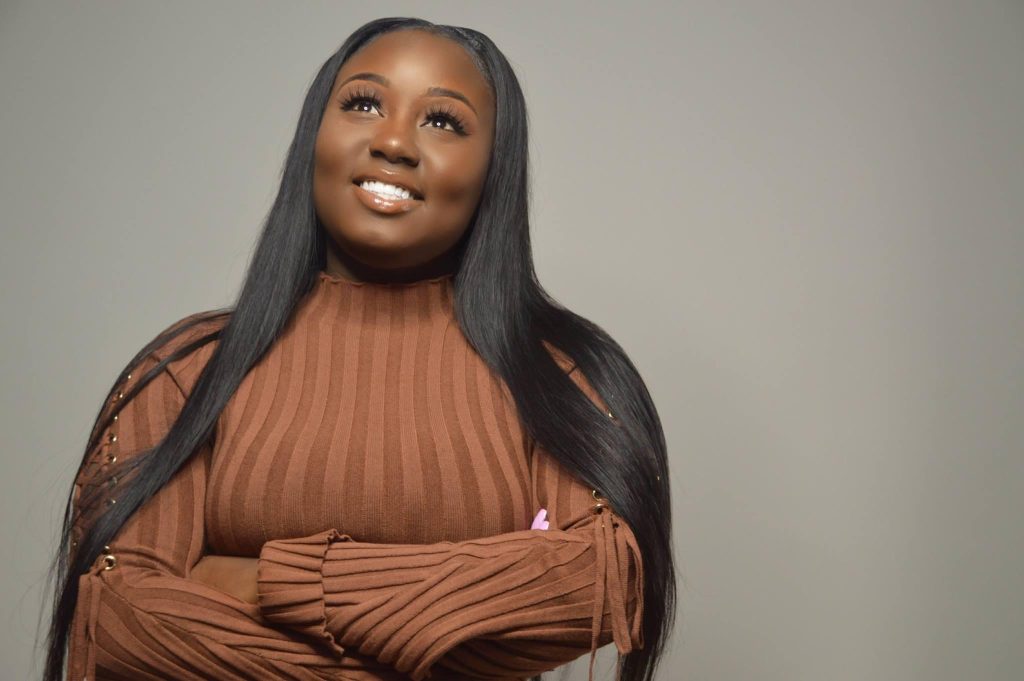
Dr. Dajanee Tate
Restorative Practices Coordinator
Phone: 773-644-1451, x1010
dajanee@greaterchathaminitiabrendative.org
Dr. Dajanéé Tate is a dedicated professional with a Bachelor’s degree in Psychology and a Master of Arts in Counseling Psychology. Currently pursuing a Doctor of Education in Educational Psychology and Technology, Dajanéé is passionate about leveraging psychological principles and innovative technology to enhance educational experiences. With a strong background in counseling and a commitment to lifelong learning, Dajanéé brings a unique perspective to the intersection of psychology, education, and technology. She is driven to make a positive impact in the field by fostering inclusive and effective learning environments.
Dajanéé is a compassionate professional with a background in mental health, specializing in cognitive-behavioral therapy, person-centered therapy, depression treatment, and psychodynamic counseling. With a wealth of experience in understanding and addressing the complexities of the human mind, Dajanéé is dedicated to helping individuals navigate their emotional challenges and achieve holistic well-being. Their expertise lies in creating personalized treatment plans that empower clients to explore their thoughts, feelings, and behaviors in a safe and supportive environment.
Dajanéé is a seasoned professional with extensive experience in implementing restorative practices in educational settings to prevent harm and promote positive relationships among students. With a deep understanding of restorative principles and their application in schools, Dajanéé has facilitated numerous restorative circles, conferences, and interventions aimed at fostering accountability, empathy, and community-building. Their expertise lies in creating restorative frameworks that empower students to take ownership of their actions, repair harm, and strengthen connections within the school community.
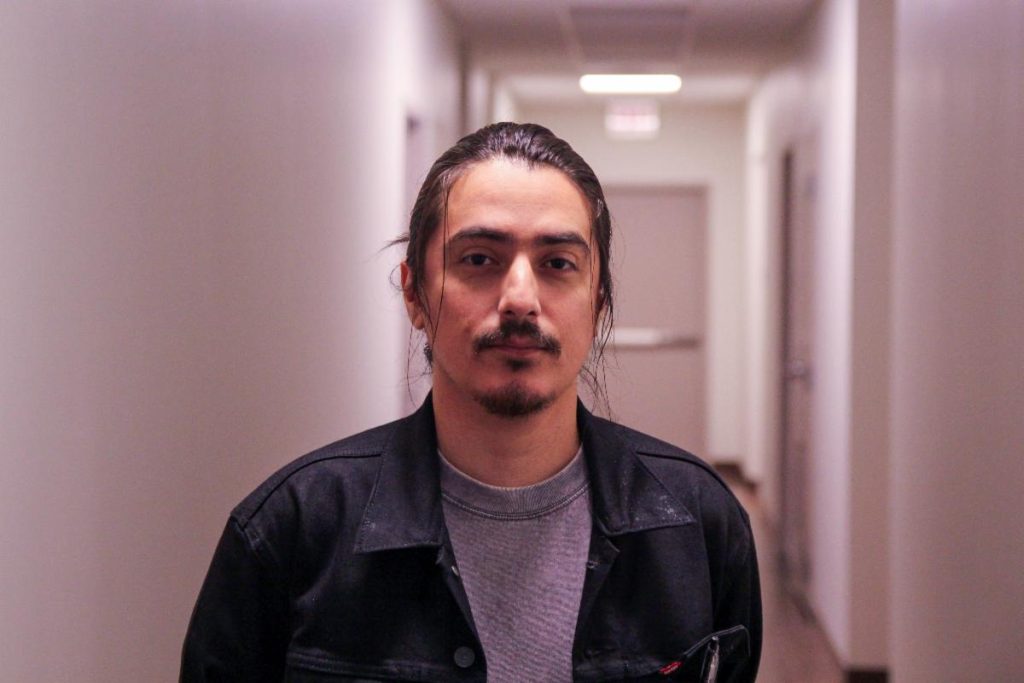
Miguel Rodriguez
Restorative Practices Coordinator
Phone: 773-644-1451, x1001
dajanee@greaterchathaminitiabrendative.org
Miguel’s journey spans diverse experiences, from early life in Cuamio, Mexico, to navigating the challenges of the Chicago Public School system. Despite facing the school-to-prison pipeline, Miguel emerged as a passionate advocate for restorative justice and artistic expression. His commitment led him to roles at Alternatives Inc. and BUILD Inc., where he developed youth leadership councils and arts programs.
In 2015, Miguel became a Restorative Practices Coach at Alternatives, rising to lead a team of over 20 practitioners. Miguel’s impact extended beyond Chicago with national and international training engagements. He co-founded innovative restorative models, including a team-coaching approach and restorative supervision at Alternatives. His leadership shaped the role of RJ Coordinators in Chicago schools and adapted restorative practices for remote learning during the pandemic.
In times of crisis, Miguel facilitated healing circles and de-escalation training, emphasizing the need to address the root causes of violence. His journey reflects the transformative power of restorative practices, and he continues to seek new applications in both personal and professional realms. Grateful for his supportive family, mentors, collaborators, and community, Miguel remains dedicated to growth, challenge, and accountability.
Restorative Justice
- Restorative Justice provides the opportunity for parties to have a sense of belonging that strengthens the social bonds that serve as the foundation of our communities.
- Restorative Justice creates future accountability plans and/or agreements that prevent reoccurrences of an offense.
- Restorative Justice can only be achieved by the combined efforts of all community stakeholders!
Supported by a grant from the
Illinois Criminal Justice Information Authority
